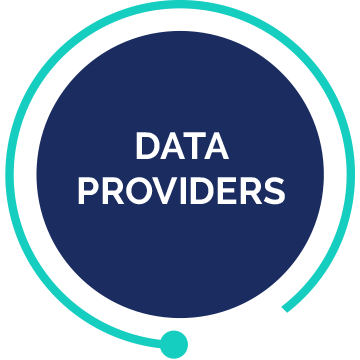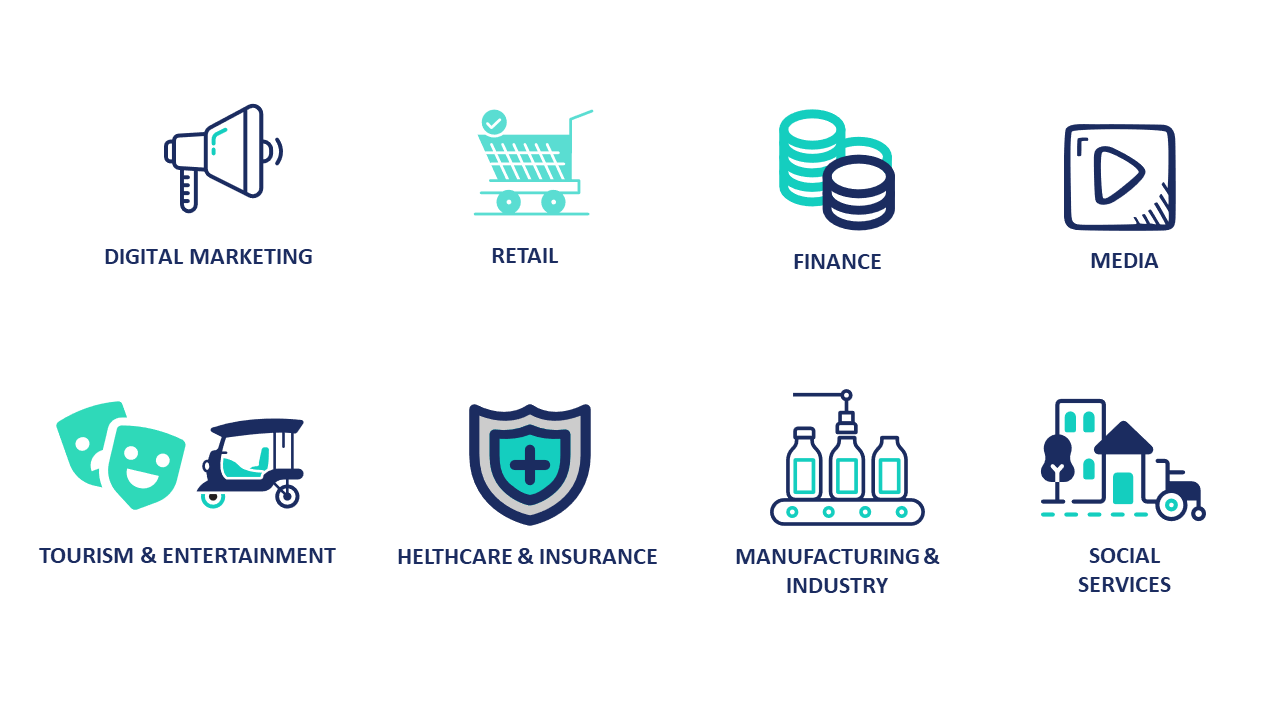Interview with Juan Cadavid: REACH’s coordinator
Startups, SMEs and Data Providers are all very important “pieces” in the REACH Incubator ecosystem. We spoke with Juan Cadavid, REACH’s coordinator, in order to know more details about the project and the opportunities for the startups, SMEs and Data Providers joining this programme.

Can you please introduce yourself and explain what is your role within REACH incubator?
Juan Cadavid (JC): My name is Juan Cadavid, I am Manager for EU Affairs at CEA LIST, a public RTO in France specializing in the development and integration of smart systems. I am the coordinator of the REACH project.
What does REACH stand for?
JC: REACH stands for “EuRopEAn incubator for trusted and secure data value CHains”. We believe in the promise of the data-driven economy, where significant value can be obtained from sharing data assets across value chains and networks, while guaranteeing security and trust for all involved stakeholders. A “data value chain” is a business setting where several stakeholders, either companies, public authorities and citizens, share their own data to create value in a win-win situation. Examples are healthcare industries using anonymised patient data to improve medical treatments and devices, retailers using and mixing data from both suppliers and consumers to optimise their offers, or manufacturers gathering product usage data from users to improve their designs and optimize their production processes.
How would you describe REACH Incubator and what differentiates REACH from other incubators?
JC: REACH is an exciting opportunity for companies to build innovative products and services based on trusted and secure data value chains. We want to see innovative solutions that exploit the value of data across value chains, where data is exchanged across stakeholders, probably from different sectors. The big challenge for these solutions is to safeguard trust and security, that is, guaranteeing data owners that they remain in full control of their data, whether these are companies or people. The REACH incubator has started in September 2021 and will run until February 2024, and will host three open calls for startups to participate in the incubation process.
What type of applicants is REACH looking for (development stage, technology focus, focus sector, location)?
JC: REACH welcomes technology startups and SMEs from across the EU and also H2020 associated countries. They must fulfil the conditions to be regarded as an SME as per the H2020 definition. Full details can be found in the guidelines document of the open call for startups from the REACH website. The typical applicants are tech startups, working on solutions for any sector, which have an idea for a promising product that exploits the power of data value chains.
What can the startups & SMEs expect from REACH incubation?
JC: REACH is more than just an opportunity for startups and SMES to get equity-free funding up to 120k€. They will benefit from an 11-month incubation process where they will be able to explore an idea, to develop an experiment, make it evolve into a ready-to-market product and expose it to potential customers and investors. They will get access to a catalogue of data assets from different sectors and be able to interact with the organisations providing these assets. They will be coached by experts from leading RTOs across Europe, who will also provide them with technologies and infrastructure to carry out their experiments.
And regarding the Data Providers involved, how can REACH help them?
JC: Data Providers already making part of REACH are companies from different sectors such as healthcare and insurance, media, retail, finance, manufacturing, and also public authorities. They all have data assets that they agree to share with the REACH beneficiaries. REACH Data providers have set their corporate data challenges and have established the desired expectations. The applicants are also entitled to combine external data sets, with the data sets provided by REACH Data Providers when creating new data value chains. Data Providers are also committed working hand in hand with startups when it comes to developing their innovative solutions.
What industries do you believe that can benefit the most from this model of sharing and reusing data?
JC: Data is omnipresent in all economy sectors, as it has been made explicit by the diversity of our data providers. Of course, those data-intensive sectors in the services sector, i.e. finance, insurance, retail, marketing, will benefit greatly with the advent of data value chains, but the opportunities flourish in all sectors.
What major outcomes are expected from REACH?
JC: REACH will welcome 100 startups in its incubation program. Of these, we are confident that many will bring very interesting ideas, which will become products that will show the power of sharing data across actors in value chains to create new business models.
REACH will feature a catalogue of the developed solutions which will be a showcase of examples of the value generated by data sharing in a secure and trustworthy manner.
The project has just started, in September 2020. What are the main challenges ahead?
JC: We are working hard to make sure everyone hears about this exciting opportunity. Although the number of applicants we can admit in REACH is limited, we are hoping to attract the companies with the best ideas to unlock the data economy in Europe, across all sectors. We are also working to expand our portfolio of data providers, bringing both companies and public authorities to submit challenges for data value chains and their associated datasets. Lastly, the competence centers making part of the REACH consortium are constantly striving to develop and integrate state-of-the-art technologies for ensuring trust and security in data value chains, including blockchain-based approaches, data anonymisation, smart contracts, and building blocks for secure-by-design solutions.


